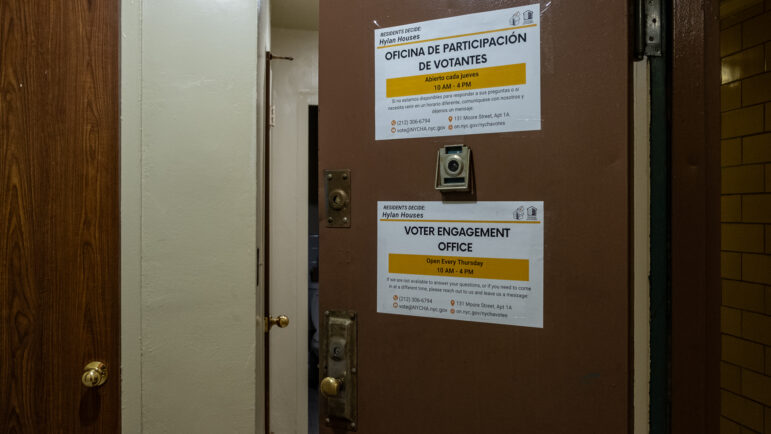
The author
I’ve been a lawyer specializing in domestic violence issues for 15 years. One client I will never forget is a mother who laughed as she recalled her ex-partner raping her.
It was completely unexpected, but she laughed because she was scared and embarrassed. The courtroom was stunned—we immediately knew that no one believed her testimony, including the judge.
My client asked me to settle because we had been fighting her case for more than a year. She did not want to keep facing her abuser in court. For this client, and so many others, it’s essential that we reframe how we think about the credibility of a survivor’s story so that this doesn’t continue to happen.
Legal experts expect “credible” witnesses to tell linear stories and be distraught. This isn’t reality. When recalling trauma, a survivor may respond in unexpected ways: they may have a flat affect, tell their story in non-chronological order, and even laugh. These are very common reactions to recalling trauma.
New York’s overburdened courts haven’t done enough to recognize the nuances of trauma and how it impacts a survivor’s presentation in court. While experts can be used to “explain away” deviances from the societal expectation of a crying, helpless victim, these resources are out of reach for organizations that provide free legal services, like New York Legal Assistance Group (NYLAG) where I am Managing Attorney, to clients who are living in poverty.
And it’s not just trauma that impacts a survivor’s perceived credibility. Someone’s race, gender, sexual orientation, and immigration status all play a role.
Our society has traditionally defined victims of domestic violence as white middle-class heterosexual cisgender women. Yet, statistics show that black women are four times more likely than their white peers to be killed by an abusive partner, and trans women experience dating violence at higher rates than the general population. Many immigrant survivors flee to the U.S. having endured unimaginable abuse. This trauma may often have a lasting effect on survivors’ memories and abilities to tell their stories—the very stories that may be at the heart of their immigration claims. Under the Trump administration, immigrant survivors are increasingly and wrongfully assumed to be making up or exaggerating claims to get immigration relief.
It’s a catch 22. These populations may not report abuse, due to the strained relationship between the legal system, immigration, law enforcement, and these communities. Many feel that if they report abuse, they are unlikely to be believed or risk being charged themselves. Courts often don’t recognize these nuances and instead question a survivor’s credibility, asking, “Why didn’t you report sooner?” or “Why can’t you remember details if it really happened?”
Asking “Why?” places a survivor’s credibility immediately into question while doing very little to get to the truth of what happened. It may also be heard as placing blame on a survivor for what happened to them, rather than placing responsibility on the person perpetrating harm or the systemic barriers to reporting the abuse.
Survivors are more likely to abandon their cases because of the pain of reliving their abuse when faced with courts that appear hostile to their experiences. Judges, court personnel, police, and the like need to approach survivors with an understanding of how trauma and one’s identity impacts a survivor’s choices and re-telling of events. This does not mean our courts cannot question them. Inquiry into facts is how our justice system works. Still, courts need to create an environment of safety and security and be trauma-informed in their inquiries and judgments.
That’s why at NYLAG we created the #IamCredible campaign. We’re on a mission to reframe how we think about the credibility of a survivor’s story. Doing so could transform the legal system to better help survivors—it can save lives. Join us.
Lisa Rivera, esq., is the managing attorney at New York Legal Assistance Group (NYLAG).








0 thoughts on “Opinion: Courts Must Change How They Gauge ‘Credibility’ in Victims of Violence”
Pingback: Courts must change how they gauge ‘credibility’ in victims of violence